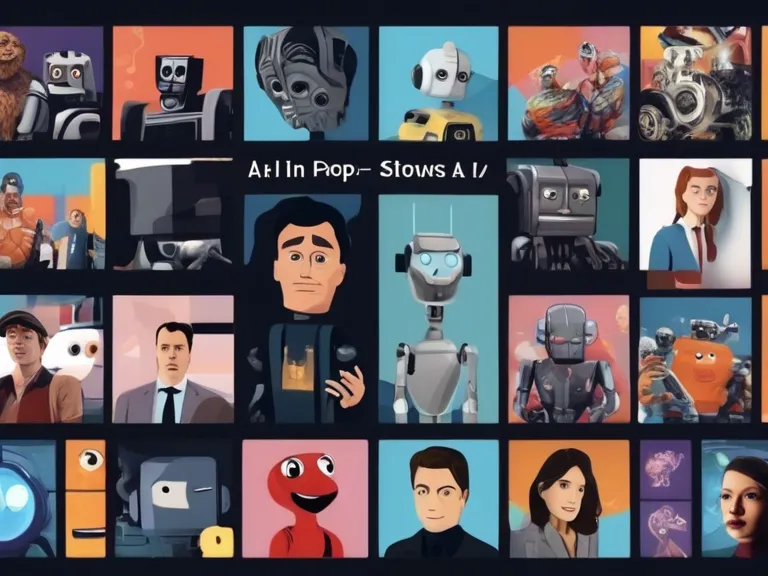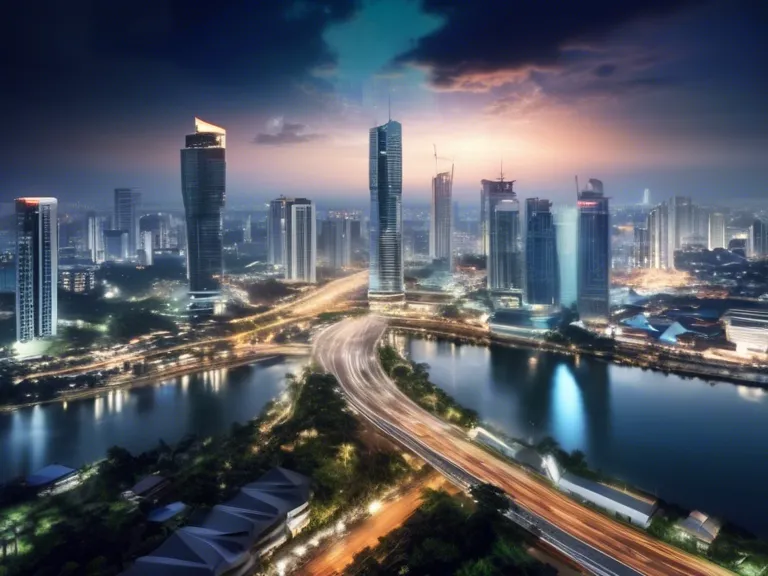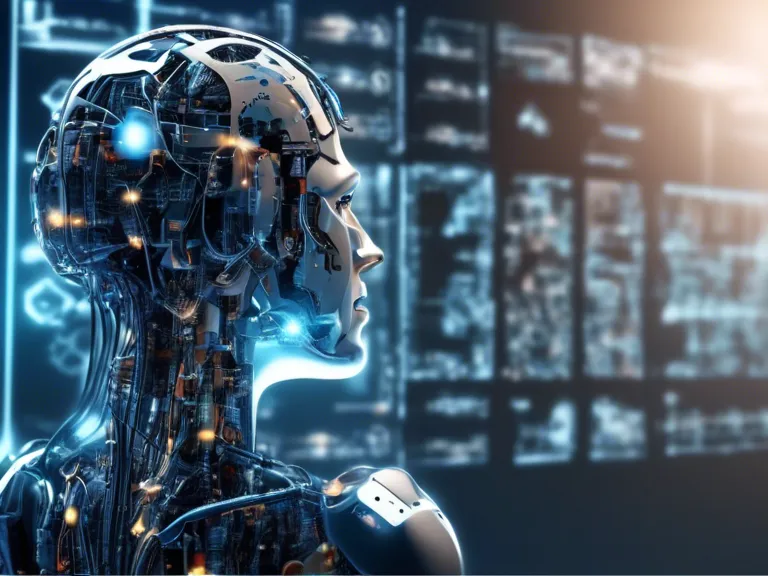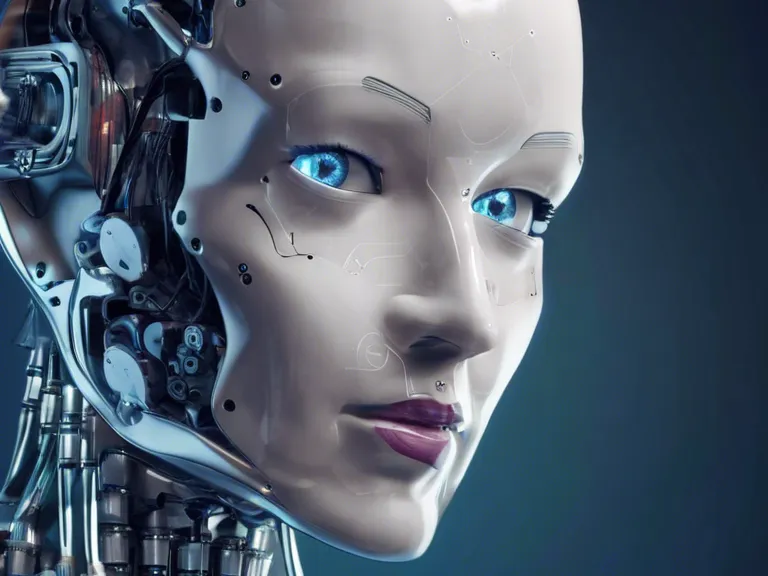
Artificial Intelligence (AI) has become a prevalent topic in popular culture, especially movies and TV shows. These portrayals often shape our understanding and perceptions of AI. From friendly robots to malevolent supercomputers, the representation of AI in pop culture plays a vital role in influencing how we view this emerging technology.
The film industry has produced numerous notable AI-centric movies over the years. Classic films like "2001: A Space Odyssey" and "Blade Runner" introduced audiences to the idea of intelligent machines. These movies often portray AI as either a helpful companion or a formidable adversary, sparking discussions about the ethical implications of creating sentient beings.
On the other hand, TV shows like "Black Mirror" have delved into the darker side of AI, exploring scenarios where artificial intelligence goes awry. Episodes like "White Christmas" and "Metalhead" serve as cautionary tales, warning viewers about the potential dangers of AI if left unchecked. By depicting AI in such dystopian settings, these shows invite audiences to think critically about the implications of advanced technology.
Despite the sometimes grim portrayals, pop culture also offers a more optimistic view of AI. Characters like Wall-E and Johnny 5 from "Short Circuit" depict AI as friendly and benevolent beings, capable of forming emotional connections with humans. These portrayals showcase the potential for AI to be a force for good, fostering empathy and understanding between man and machine.
In conclusion, AI in pop culture plays a significant role in shaping our perceptions of this groundbreaking technology. Whether as a source of fear or inspiration, movies and TV shows offer a glimpse into the possibilities and pitfalls of AI. By examining these portrayals critically, we can gain a deeper understanding of how AI may impact our future.



